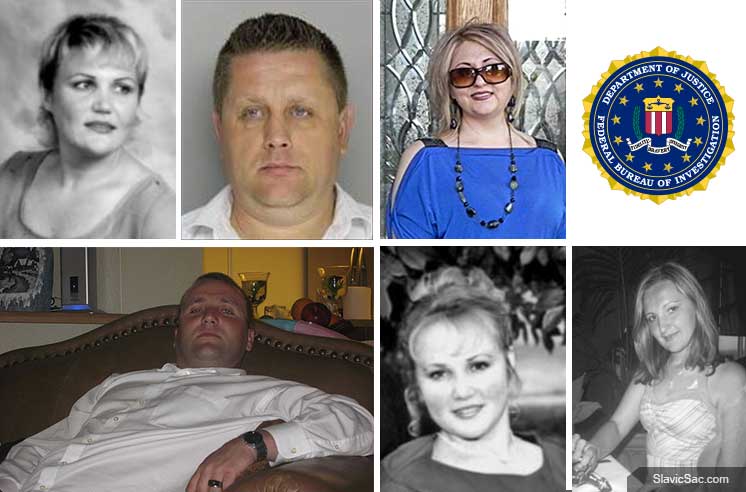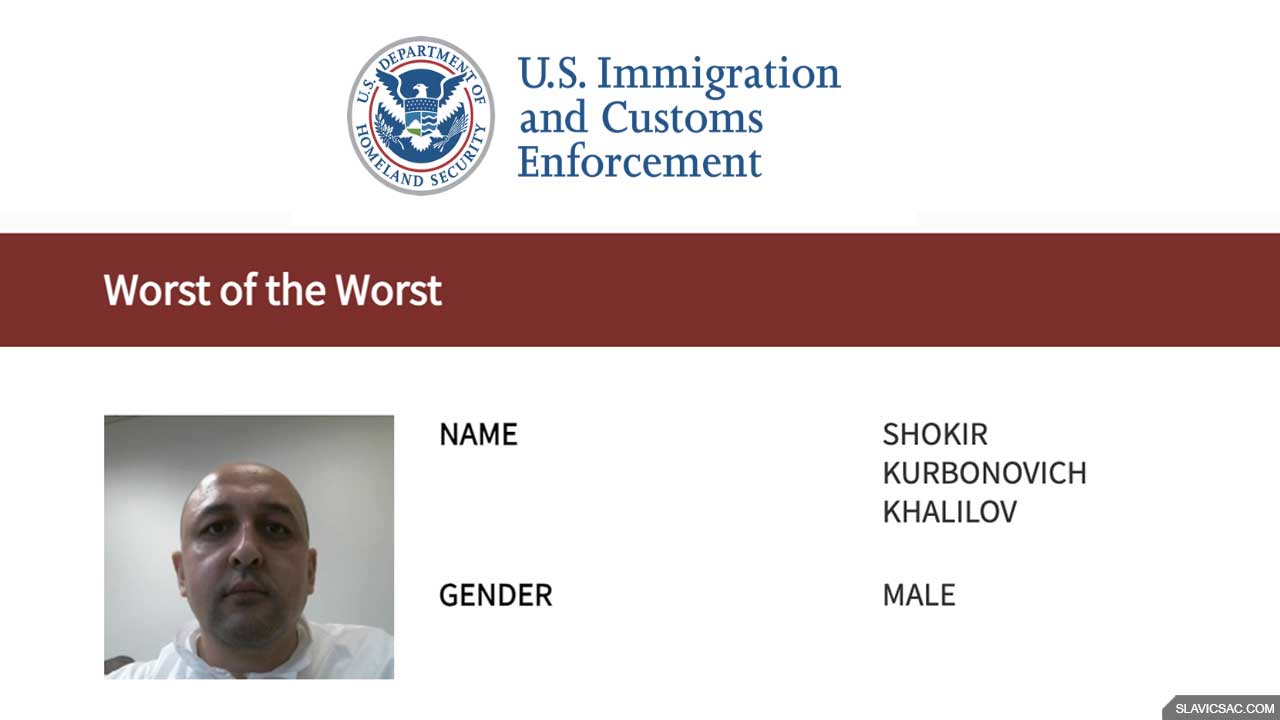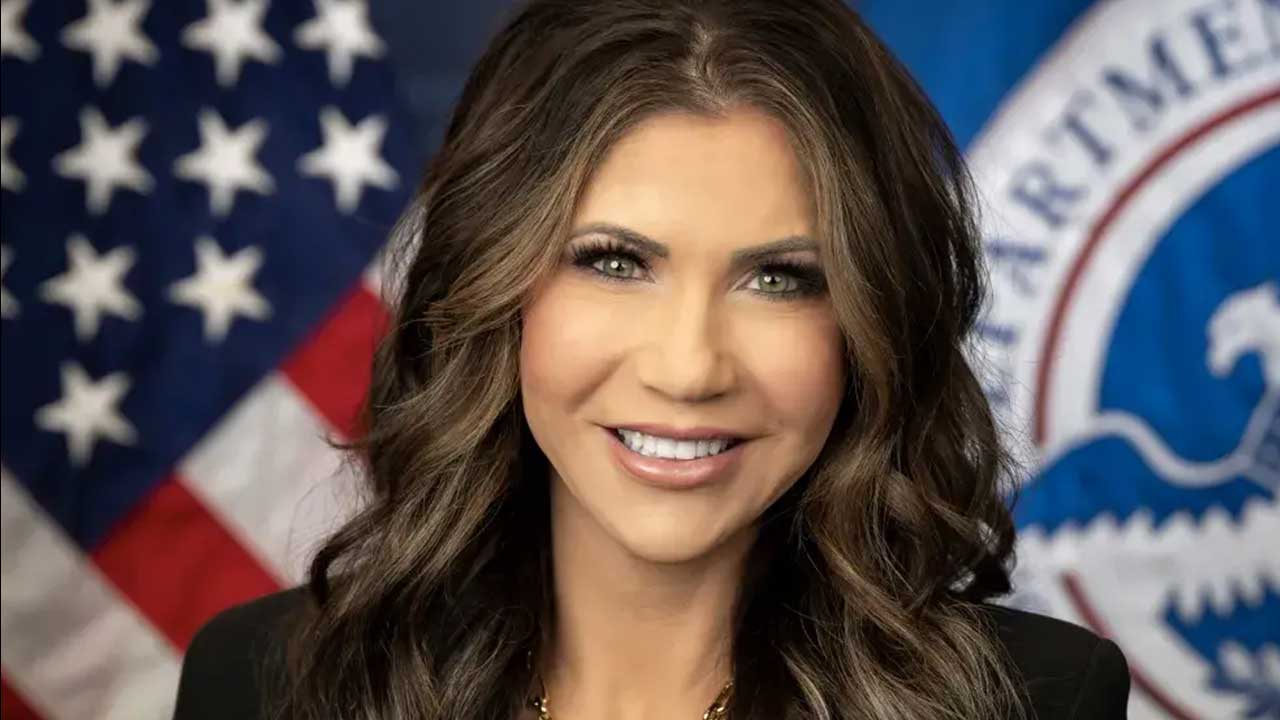On Nov. 23, the head of the White House General Services Administration (GSA), Emily Murphy, finally began the process of handing over power to the team of President-elect Joe Biden, marking the recognition of his victory by the current administration. However, the country remains split into two irreconcilable camps, and many of Donald Trump’s supporters still believe that the election was stolen from him due to widespread fraud.
ORIGINALLY published by Demcast | Photo: The White House
Evangelical Christians remain the current president’s most loyal group of supporters in the United States. According to sociological data, 75% of evangelical Christians voted for Trump — in contrast to other Christian denominations and religions, who gave him a total of only 36% of their vote. Some of the strongest support for Trump in Sacramento, California, came from Slavic evangelical churches that serve religious immigrants from the countries of the former Soviet Union. Their parishioners are the most ardent consumers of all kinds of conspiracy theories and perceive Trump almost as a messiah.
Investigative journalist Ruslan Gurzhiy, also the editor-in-chief of the Slavic Sacramento website, has been writing for many years about the life of the religious refugees from the post-Soviet space in the U.S. In an exclusive interview, he tried to explain why the image of the current president attracts these Protestants.
Ordinary Fraud
The first notable contradiction is Trump’s non-Christian lifestyle and the reverence with which he is perceived in religious communities. Gurzhiy points out that many Sacramento churches are accustomed to cognitive dissonance — or the state of having inconsistent thoughts, beliefs or attitudes — given that many high-ranking members of one of the city’s largest Slavic religious communities were arrested several years ago for perpetrating the largest fraud in the history of California. This multimillion dollar mortgage scheme ended up in court for five years. The head of the group, Vera Kuzmenko, was sentenced to 14 years in prison, and her accomplices also received long prison sentences.
The fraud followed a simple scheme: “real estate agents” offered low-income immigrants assistance in obtaining a mortgage loan, which often consisted of falsification of income. Thanks to forged documents, the clients of the real estate company received bank mortgages and bought houses. (Some of them were also convicted of fraud.) Buyers would then either simply stop paying interest on the loans or resell the house at an inflated price, falsely claiming to have made improvements. Banks were their biggest victims, but these schemes also victimized ordinary buyers who did not know that they were being used to carry out a scam. According to Gurzhiy, such an artificial increase in the cost of housing contributed to the collapse of the real estate market and the global financial crisis of 2008.
“Criminality is widespread among the children of believers, including pastors,” explains Gurzhiy. He goes on to list their crimes: “Some of them were convicted of drugs, robbery and rape.” Religious refugees demonstrate an amazing tolerance for Trump’s behavior because they are so accustomed to seeing similar things from their own leaders.
Battle with the “Antichrist”
According to Gurzhiy, the reason believers and immigrants in particular have such tolerance, not just for sins but even for criminal offenses, is explained by the peculiarities of their mentality. “Evangelical Christians, especially fundamentalist white churches, are accustomed to separating themselves as much as possible from this sinful world that they want nothing to do with,” Gurzhiy says. “They do not want to live according to its laws and believe that their true home is in heaven.” This mentality also explains their opposition to such things as vaccinations. While more ancient Christian traditions have developed relatively flexible forms of interaction with secular authorities and science, a feature of many new Protestant churches is zealotry. This fanaticism is even more exaggerated among religious emigrants from the post-Soviet space.
The familiarity of former citizens of post-Soviet countries with corruption is one cause of zealotry. Further, during Soviet times, the authorities launched much of their persecution on Protestant churches. “Their believers were excluded from state and public life and were accustomed to perceiving the state as a mechanism of oppression and persecution, in fact, the ‘kingdom of the Antichrist,’” explains Gurzhiy. “Consequently, deceiving the state in their view is not a sin, but just a form of survival in a hostile world, and for some, even a way of fighting evil. That is why these people so easily believe in conspiracy theories — they have no idea how the state machine actually works.”
In turn, the principle that “the end justifies the means” is very beneficial for the fraudulent pastors — as well as the politicians they promote. However, this worldview carries a paradox. On the one hand, Protestant emigrants are trying to isolate themselves from the world, but on the other hand, they dream of merging the church with the state.
RUSLAN GURZHIY
Although they move away from participation in politics, they, like everyone else, have ambitions and a desire to realize them. However, these people are not used to self-realization apart from the church. This is exactly what Donald Trump promises them — a dangerous fusion of church and state. But this fusion is bad not only for the state but also for the church. When the church merges with the state, the church becomes politicized and religious faith gives way to political ideology.”
“Privileged” Caste
Another paradox is the desire of refugees from the post-Soviet space to identify with white Americans, most often conservative Republicans, even though the Republican Party is much more wary of emigrants than the Democratic Party. Gurzhiy suggests it is the expectation of inevitable humiliation and difficulties that gives rise to the need to compensate for it, to move from the category of conditional outsiders into the privileged caste of Americans.
Gurzhiy has a warning for these refugees: they will never be seen as the same to truly conservative Republicans. “If in Democratic states immigrants can make their way without difficulty, then somewhere in the American hinterland they will forever remain outsiders with a scary accent. Even if they oppose immigrants from other countries, they will not become a ‘kindred spirit’ for American conservatives.”
At the same time, Gurzhiy notes that the Russian-speaking diaspora is missing out on opportunities that are now opening up in connection with the growth of human rights movements and the fight against racism and discrimination. “People of any race and nationality can defend their rights and talk about their problems; for this you just need to show initiative. In America, there are many possibilities to realize and protect oneself, and it is absolutely unnecessary to hide in the ‘ghetto’ and oppose the rest of the world,” assures Ruslan.
Unfortunately, religious refugees still don’t understand these advantages and prefer to place themselves in opposition to society. They are becoming fertile ground for Donald Trump, his xenophobia and the conspiracy theories he spreads.




